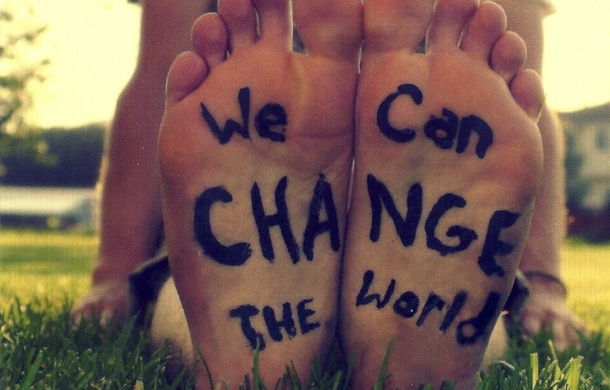Over the last twenty years the interest in social entrepreneurship has expanded across the globe. But in the last several years, Millennials have been like rocket fuel to social enterprise creation. This group has entered the workforce en masse, and notably placed purpose at the top of their list of must-haves when it comes to their job.

Social entrepreneurs create mission-driven enterprises, and map a growing movement of doers and dreamers who prefer to reside at the intersection of purpose and profit. Last month, Kansas City hosted the 2-day Midwest Symposium on Social Entrepreneurship co-sponsored by UMKC and the Kauffman Foundation. This event is part of a series of training modules offered in collaboration with USASBE (United States Association for Small Business and Entrepreneurship) to certify educators to teach social entrepreneurship. Across all of the top MBA programs there has been soaring interest in social enterprise in recent years and schools have grown their offerings to meet the demand, with Harvard Business School’s Social Enterprise Initiative leading the way.
I love this crossover kind of business. It weaves social impact into capitalism, and turns shareholder value into shared value. That’s good business. This dual stance is creating a community of practice consumers value and expect. If the last 20 years demanded better products, the next 20 will demand better companies. And by that same token, this hybridization injects some well-needed earned income into nonprofits that is necessary for both sustainability and innovation.
“Many charities have been warmheartedly but wastefully throwing money at problems, without good management or market discipline. Capitalists have been obsessed with the short-term maximization of shareholder return without much concern for long-term prosperity or other stakeholders.
Kyle Westaway, a lawyer in this field and the author of “Profit & Purpose,” notes that benefit corporation legal structures have been established in 22 states over the last four years. The 300 or so companies that have registered in this way, like Patagonia or Method, can’t be sued if they fail to maximize profits in order to focus on other concerns. They are seeking to reinvent both capitalism and do-gooder-ism, and living in the contradiction between these traditions.” (New York Times, David Brooks op-ed July 8, 2014, The Creative Climate)
There’s a great opportunity brewing in Kansas City, and that’s not a nod to Boulevard, Torn Label, Bier Station or KC Bier Company, but rather a call to action within the Greater Kansas City Chamber of Commerce-appointed Big 5 to be the Most Entrepreneurial City in America.
We have a duty to steward social innovation within our entrepreneurial ecosystem, and to leverage the Quadruple Helix of our government, universities, industry and civic resources to deliver social impact for a greater Kansas City.
A recent report from the World Economic Forum quotes its founder and executive chairman, Klaus Schwab, describing entrepreneurship as “the engine fueling innovation, employment generation and economic growth.” Schwab emphasizes that “entrepreneurship and education are two extraordinary opportunities that need to be leveraged and interconnected if we are to develop the human capital required for building the societies of the future.”
The same report states that “now more than ever, we need innovation, new solutions, creative approaches and new ways of operating. We are in uncharted territory and need people in all sectors and at all ages who can ‘think out of the box’ to identify and pursue opportunities in new and paradigm-changing ways.”
At Think Big, we recognize that innovation and entrepreneurship are key drivers of economic and social change. And the relationship between innovation and education is important and complex. Innovation has an important place in transforming education, but equally important is education’s role in preparing students to become entrepreneurs and social innovators.
Think Big’s KC Living Lab initiative with Cisco, part of a larger collaboration that will make Kansas City the largest smart city in North America, involves the innovation and commercialization of Internet of Things technologies. And at the Think Big Foundation, we are gearing up to make the Internet of Things That Matter our opening salvo.
“All that is valuable in human society depends upon the opportunity for development accorded to the individual.” —Albert Einstein
Engage in the conversation and follow us. @ThinkBigFdn
